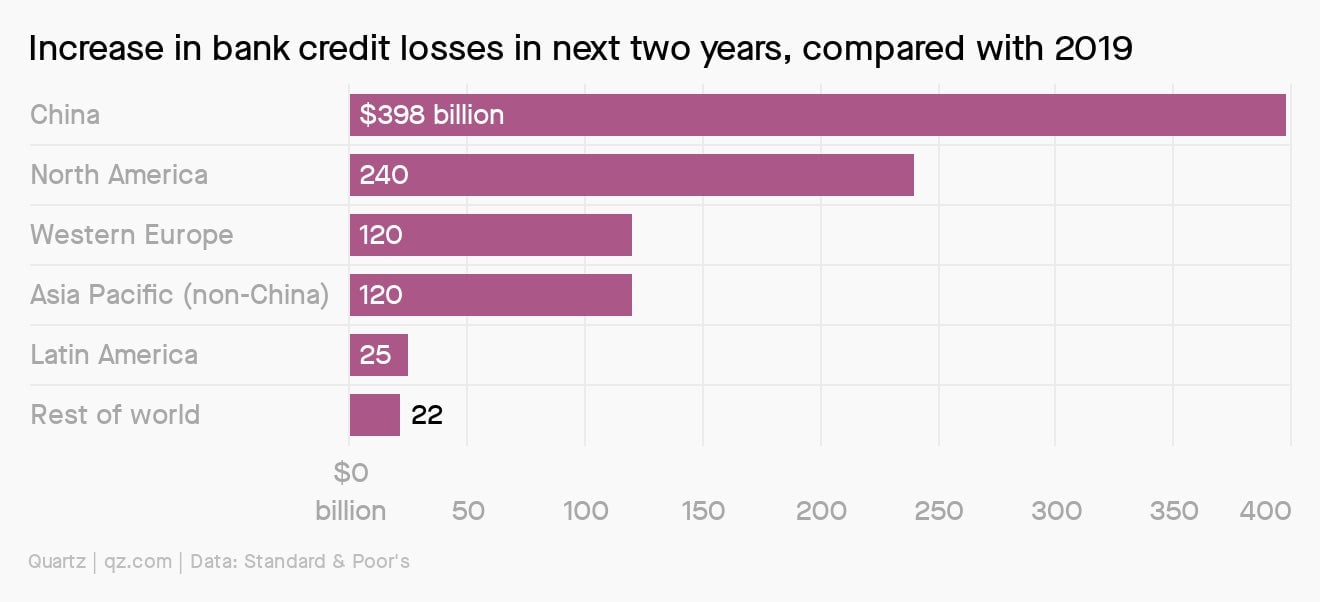EU budget, China Mars mission, creative lost-and-found
Good morning, Quartz readers!

Good morning, Quartz readers!
Here’s what you need to know
The European Parliament scrutinizes the EU’s budget. Lawmakers have signalled they may withhold consent needed to approve a landmark €1.8 trillion ($2.1 trillion) budget until “certain corrections” can be made. Though the parliament has voiced support for the overall agreement, it opposed certain cuts and also the softened rule-of-law conditionality on payments.
Boris Johnson visits Scotland. Amid rising support for Scottish independence, the British prime minister will highlight the UK’s coronavirus response as an example of the strength of the union. The ruling Scottish National Party has said that Johnson’s visit betrays his “panic” about Scotland’s potential split from the UK.
The Olympics were meant to begin today. A quiet, 15-minute ceremony with no fans in attendance took place at Tokyo’s new national stadium to mark the one-year countdown to the postponed Games, whose delay is estimated to cost between $2 billion to $6 billion and which will be cancelled if they cannot be held next year.
China’s Mars mission blasted off. The Tianwen-1 orbiter, lander, and rover launched shortly before 1pm local time, according to Chinese media. A successful mission would make China just the third country, after the US and Soviet Union, to land on Mars.
Mike Pompeo gives a policy speech on China. The US secretary of state is expected to discuss the future of the free world, a day after the US ordered the closure of the Chinese consulate in Houston, prompting threats of retaliation from Beijing. Separately, US prosecutors believe a Chinese researcher wanted by the FBI on allegations of hiding her ties with the Chinese military may be taking refuge in the Chinese consulate in San Francisco.
South Korea’s economy plunged by the most in decades. The country slipped into a recession after its GDP slumped 2.9% year-on-year, alongside an on-quarter drop of 16.6% in exports—the worst performance since 1963. Separately, Australia unveiled its largest deficit since World War II.
Indians are switching to swill

When India’s lockdown ended, long queues at liquor shops rapidly developed across the country. To tamp down demand and reduce crowds, many states added additional taxes to alcohol.
Some of the taxes are still in place and it’s affecting demand. According to a survey by a community-led social media platform LocalCircles of residents in Rajasthan, West Bengal, and Telangana:
🍺 About half say they’re considering cheaper options because of the tax.
🍻 Only respondents in Rajasthan said they would buy more liquor if the additional fees were lifted.
🚚 Most people would order alcohol for delivery if it was allowed.
On an average, India’s states and union territories collected about ₹150 billion ($2 billion) in monthly taxes from the sale of liquor in 2019. In June, tax collection from the sale of alcohol in states like West Bengal were less than 10% of 2019 levels.
Charting global bank losses
Losses at global banks are projected to soar by $926 billion to $2.1 trillion through 2021, according to Standard & Poor’s. Almost $400 billion of that increase is forecast to come from Chinese institutions, compared with a $360 billion increase for those in North America and Western Europe combined.
China’s outsize losses (✦ Quartz member exclusive) reflect the sheer size of its mammoth banking sector which, in terms of customer loans, is as big as the US, Japanese, German, and UK systems combined, say S&P analysts.

✦ For members: Diversity as a competitive advantage
Dating and relationships are a common conversation topic for many coworkers—but particularly so at S’More, a New York City-based dating app founded last year.
The app’s head of operations, Sneha Ramachandran, recalls one eye-opening exchange she had with her teammates about cultural norms surrounding the questions people ask each other on dates. One woman explained that in her home country of South Africa, it’s common to ask early on whether the other person has been tested for HIV. For Ramachandran, who’s originally from India, “if someone asked me that, I would be so offended—that was my bias.”
Find out more about how diversity serves as a competitive advantage at S’More and how design choices can help combat bias in our field guide to creating an antiracist company.
✦ Get your own competitive advantage—with access to all our articles, presentations, field guides, and workshops—by signing up for a Quartz membership, now 40% off.
We’re obsessed with sunscreen
Sunscreen protects the skin from the undesirable effects of the sun’s ultraviolet (or UV) light—namely, sunburns. Constant exposure to the sun or a handful of intense burns can lead to melanoma. But in an effort to push back against the tanning industry, dermatology associations have made blanket statements that everyone needs sunscreen any time they venture outside. Turns out, the science is a little more complicated than that. Apply another layer (of knowledge) with the Quartz Weekly Obsession.
Surprising discoveries
Taiwanese police returned a lost Nintendo Switch with the help of Animal Crossing. Officers played the hit game to send messages to the owner’s friends, who then helped reunit him with the console.
Historical societies are sharing historical recipes. They’re hoping century-old cooking instructions can help people feel connected during the pandemic.
Facebook is investigating whether its algorithms are racist. The company has launched “equity and inclusion teams” to study whether its machine-learning systems have picked up real-world biases.
Scientists may have found a cancer crystal ball. A new blood test was able to detect some cancers up to four years before patients had symptoms.
Typos can be a matter of life and death. A minor misspelling tipped off New York authorities that a death certificate used in an attempt to dodge likely jail time was in fact a fake.
Editor’s note: A few readers reached out about some of the language in yesterday’s Brief, specifically “Houston, we have a Chinese problem” and a description of a new women’s soccer team as “the hottest new accessory.” We appreciate your feedback, and thank you for reminding us to choose our words more carefully. 🙏
Our best wishes for a productive day. Please send any news, comments, 19th-century lemon cake, and unbiased algorithms to [email protected]. Get the most out of Quartz by downloading our app on iOS and becoming a member. Today’s Daily Brief was brought to you by Mary Hui, Isabella Steger, David Yanofsky, John Detrixhe, Katherine Ellen Foley, Liz Webber, and Max Lockie.